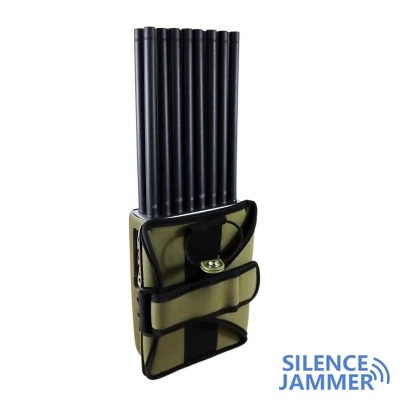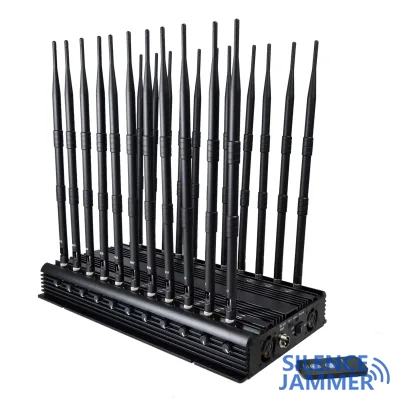NGJ-MB GPS cell phone jammer is a highly advanced electronic attack system that combines an agile active electronically scanned array (AESA) with a fully digital backend technology for powerful jamming and attack capabilities. signal jammerThe system will help the Growler aircraft operate at long ranges, be able to attack multiple targets simultaneously, and enable rapid upgrades through a modular open system architecture.
Raytheon delivered the first NGJ-MB pod to the Navy for testing as early as July 2019, marking the development progress of this new technology. GPS jammer The system is designed to replace the ALQ-99 jamming system used for more than 40 years on the EA-18G, which has been specially modified to focus on electronic warfare missions.Wifi jammer
Core capabilities of the NGJ-MB electronic jamming system
In the field of electronic attack, the EA-18G can not only disrupt enemy radar and communication networks through jamming signals and computer viruses, but also destroy enemy radar installations using the AGM-88 High-speed Anti-radiation Missile (HARM).GSM jammer The new generation of NGJ-MB will integrate the latest electronic attack technologies, including high-powered beam jammers and solid-state electronics, to more effectively defend against enemy threats and protect the United States and its allies.drone jammer
In addition, NGJ will also include cyber attack capabilities, using active electronically scanned array (AESA) radars to insert customized data streams into enemy radar and communication systems. This open system architecture will provide flexibility for future upgrades, allowing it to adapt to changing battlefield needs.
As technology advances, Raytheon expects to expand NGJ technology to other combat platforms, including the F-35 Joint Strike Fighter and unmanned aerial vehicles (UAVs), further enhancing the electronic warfare capabilities of a variety of aircraft. Navy officials said the development goal of NGJ is to enhance interoperability between systems and expand broadband capabilities to deal with a wider range of RF threats by improving the flexibility and accuracy of jamming missions.
At the same time, the Navy is also developing the Next Generation Low-Band Jammer (NGJ-LB) to deal with low-band tactical radars. The device is designed to achieve a smaller size, weight and power consumption (SWaP) and is designed and manufactured by L3Harris Technologies. NGJ-LB will help interfere with the low-band radar systems that detect stealth aircraft such as the F-35.










